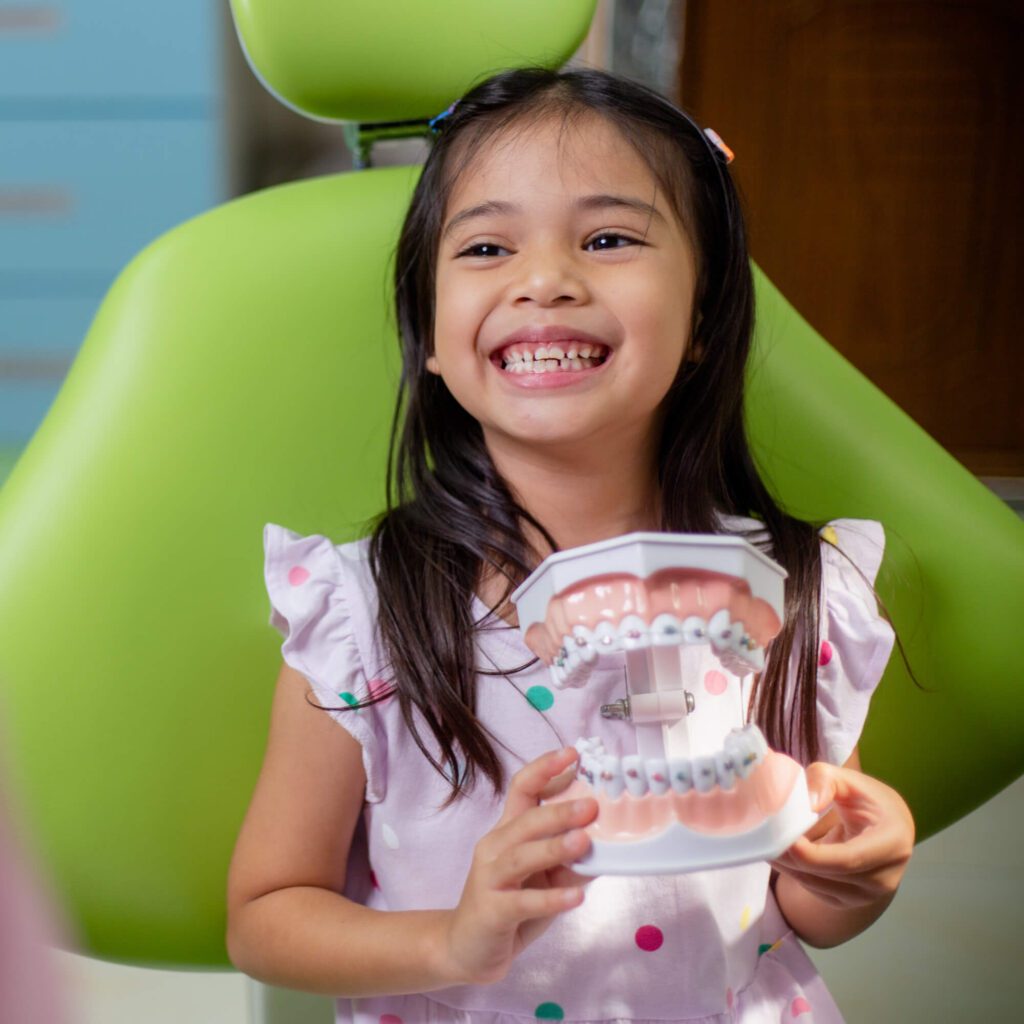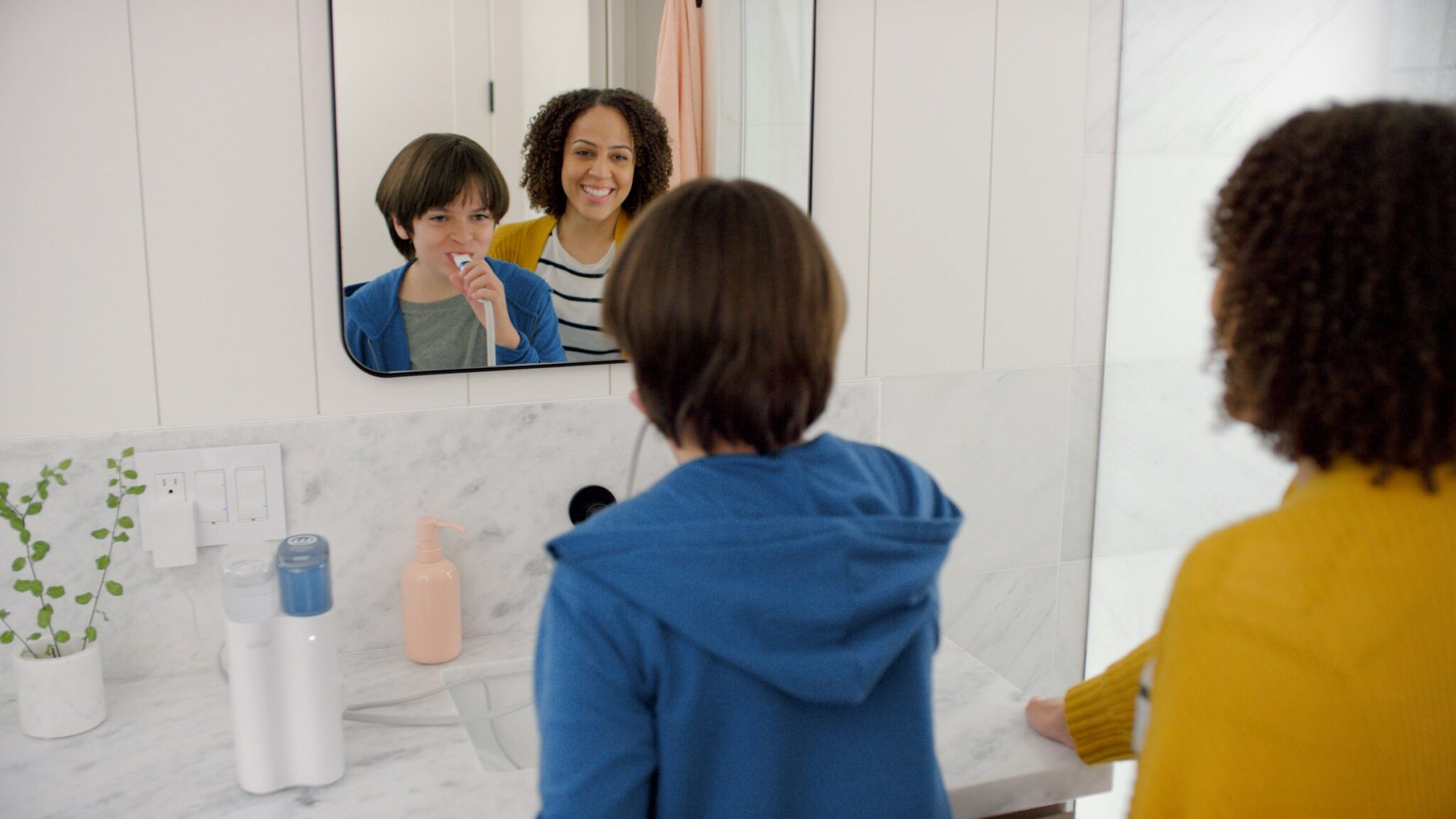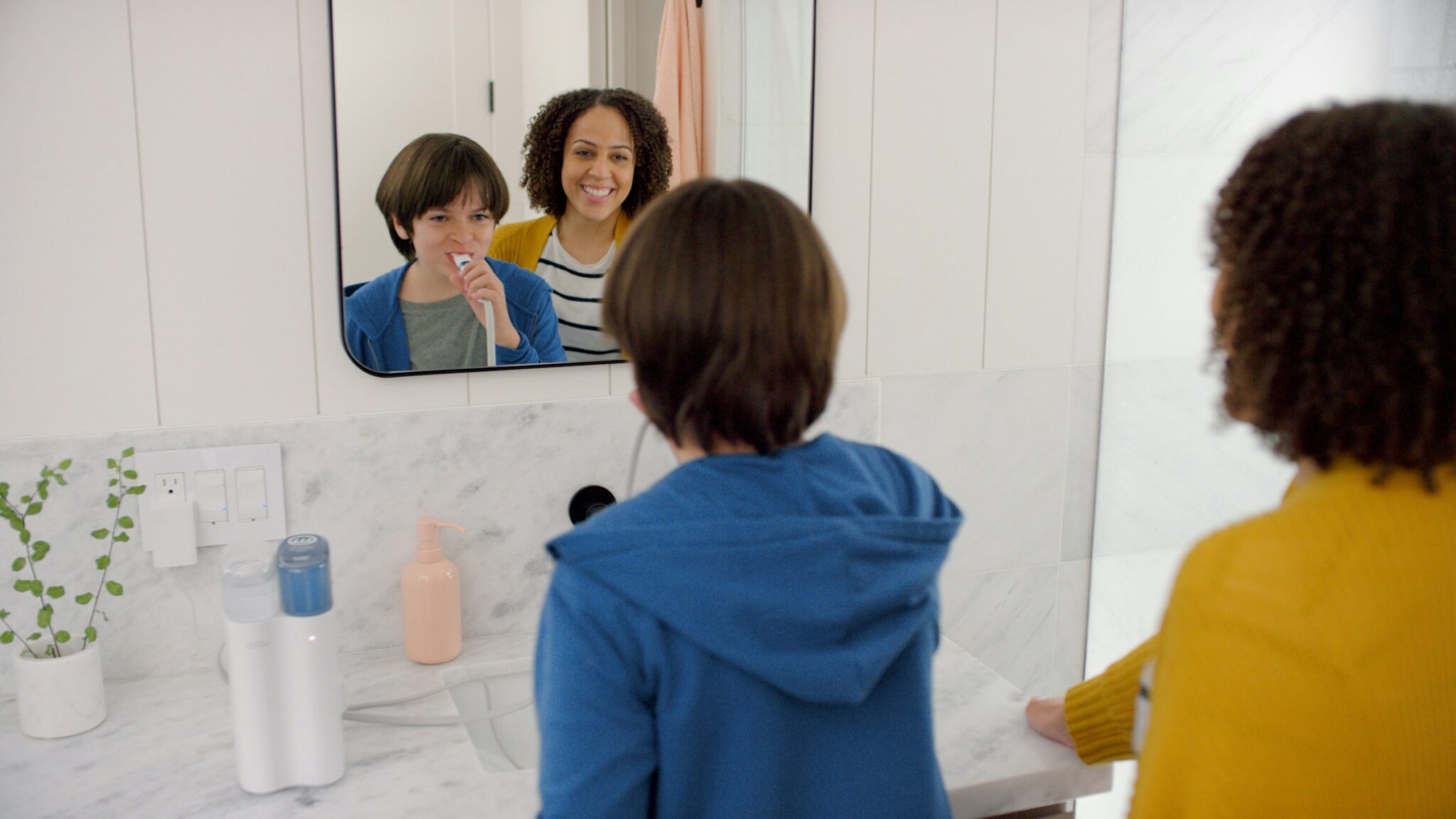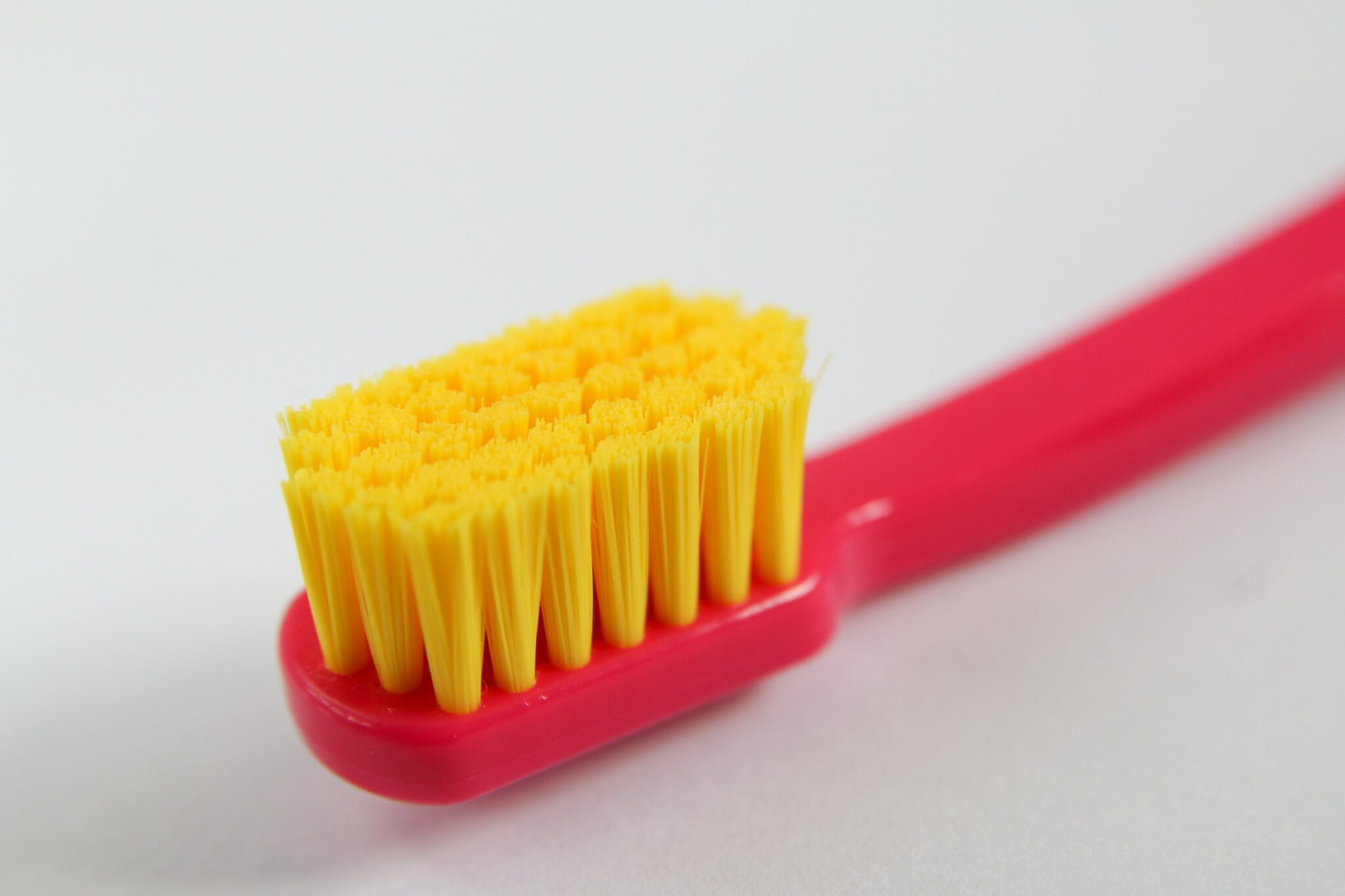As children grow, their oral anatomy plays a major role in how they eat, speak, and even sleep. One commonly overlooked issue in infants and young children is the presence of oral restrictions — specifically tongue-ties and lip-ties. These conditions can have lasting effects on your child’s comfort and development if not addressed early.
At Smiles Dentistry 4 Kids, we help families in Overland Park understand how oral restrictions affect childhood milestones and what signs to look for as your child grows.
What Are Tongue-Ties and Lip-Ties?
A tongue-tie occurs when the tissue under the tongue (the lingual frenulum) is too short, thick, or tight, limiting tongue mobility. A lip-tie involves the upper lip being tethered too tightly to the gums, restricting movement.
These conditions are present at birth and vary in severity. While some children adapt naturally, others may experience difficulties that affect their quality of life.
How Lip-Ties Can Affect Your Child
Lip-ties may interfere with:
- Latching during breastfeeding or bottle-feeding
- Normal speech development
- Oral hygiene and brushing near the upper front teeth
- The formation of a gap between the front teeth
- Comfort during eating or smiling
Some parents begin researching lip tie concerns in Overland Park after struggling with feeding or noticing gaps or dental issues in early childhood. Our dental team offers gentle evaluations to determine whether a restriction is present and if intervention is needed.
Signs of a Tongue-Tie or Lip-Tie
You may suspect an oral restriction if your child experiences any of the following:
In Infants:
- Difficulty latching while nursing
- Slow weight gain
- Clicking noises while feeding
- Excessive gas or reflux
In Toddlers and Older Children:
- Delayed speech development or unclear pronunciation
- Difficulty eating or swallowing
- Persistent mouth breathing
- Snoring or disrupted sleep
- Gagging or choking on certain foods
If your child exhibits any of these issues, a visit to a pediatric dentist in Overland Park can help determine the best course of action.
Diagnosis and Treatment Options
We start with a comprehensive evaluation that includes:
- A detailed health and feeding history
- A physical assessment of oral mobility and tissue tension
- Discussion with parents about current symptoms and goals
If treatment is needed, we refer to trusted providers for a frenectomy, a quick and minimally invasive procedure that releases the restriction. For some children, therapy or stretching exercises may be sufficient.
Follow-up care is also essential. Our team works with families to provide oral hygiene instructions, support speech and feeding improvements, and monitor recovery during follow-up visits.
The Importance of Early Detection
Left untreated, oral restrictions can lead to long-term challenges, including orthodontic complications, speech delays, and social difficulties. By identifying and treating issues early, we can:
- Improve speech clarity and confidence
- Enhance proper tooth development
- Support healthy swallowing and breathing
- Minimize the need for future corrective procedures
At Smiles Dentistry 4 Kids, we believe that comprehensive pediatric care includes evaluating how structure impacts function — and acting early to help children thrive.
Why Families Trust Smiles Dentistry 4 Kids
We’re proud to be recognized as one of the best pediatric dentistry providers in Overland Park. Our team offers individualized care in a warm, fun setting where kids feel safe and parents feel informed. Whether you need a basic fluoride treatment or help managing a lip tie, our team has the training and compassion to support your child’s needs.
We also specialize in services like restorative care, routine teeth cleaning, and same-day pediatric appointments to ensure every child receives timely, high-quality attention.
Schedule a Visit Today
If you’ve been searching for expert guidance on tongue- and lip-ties — or simply want a team who prioritizes long-term oral health and function — we invite you to schedule a consultation with Smiles Dentistry 4 Kids.
We serve children of all ages in Overland Park and nearby communities, helping them smile brighter every step of the way.









